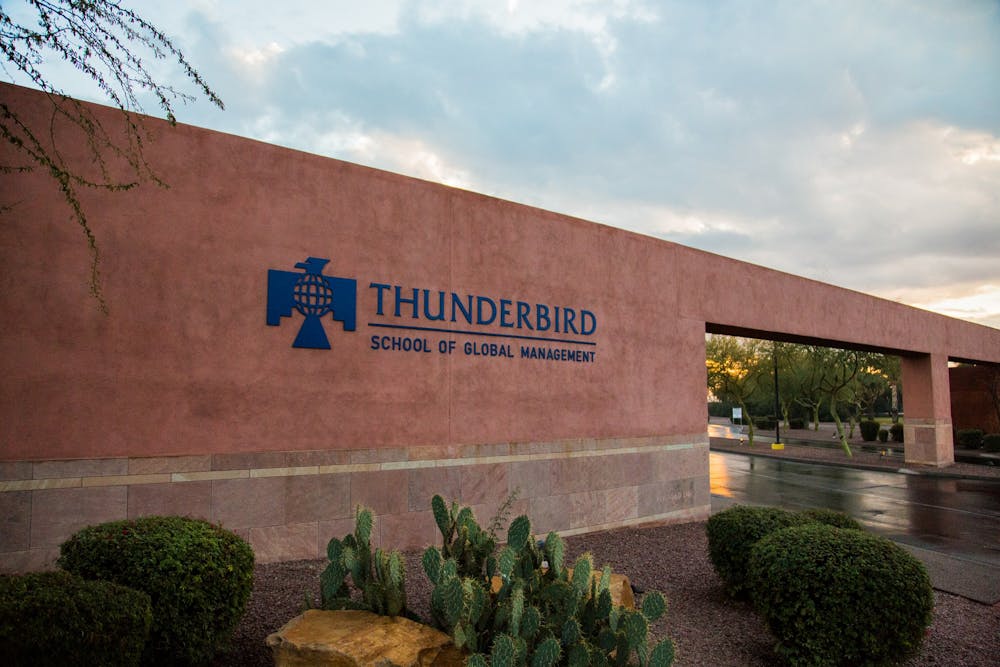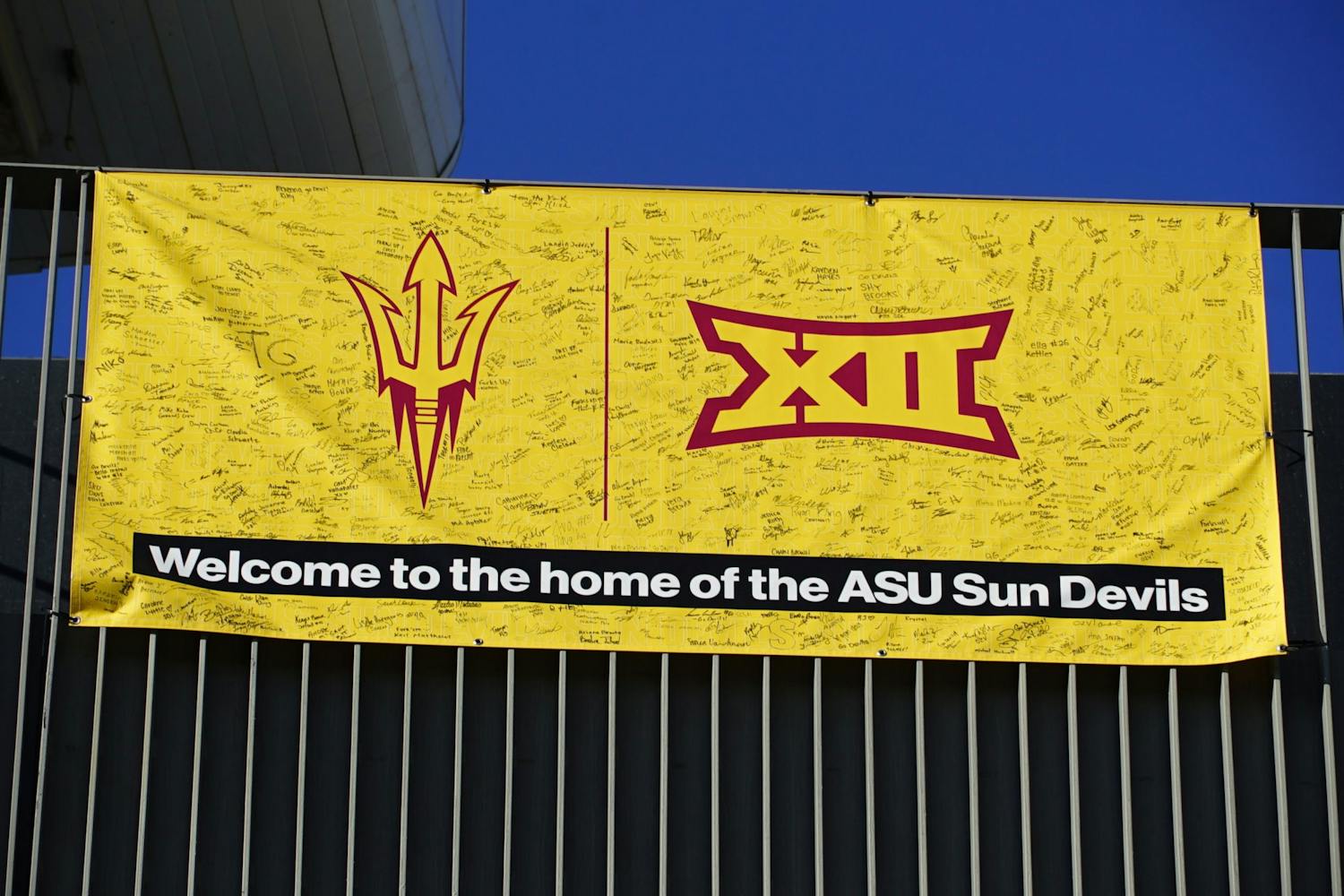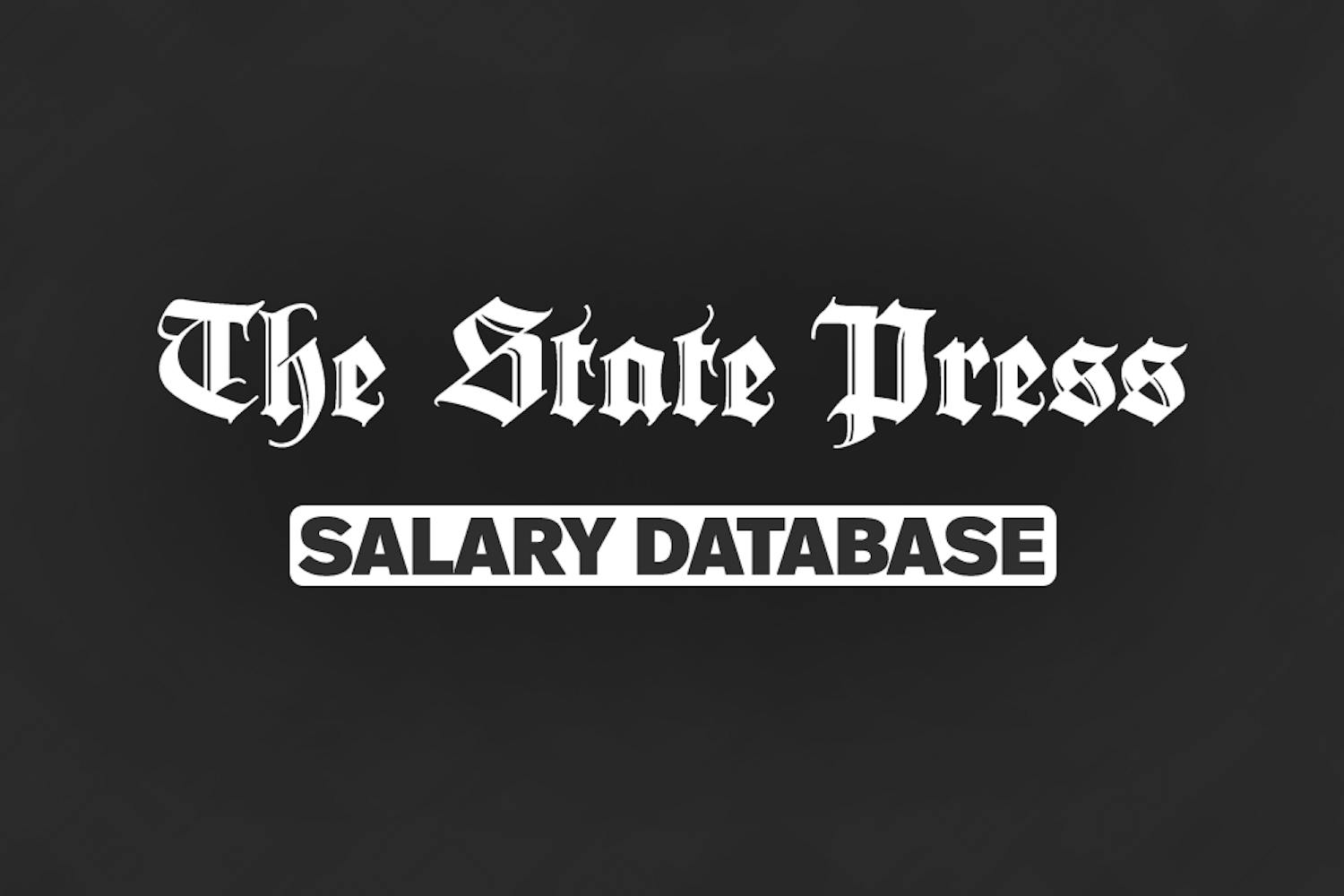Over the past week, the U.S. and global stock markets have been rattled by the spread of COVID-19, commonly called the coronavirus.
The coronavirus has caused the U.S. stock market to enter a bear run, ending an 11-year bull market for the country.
Mary Teagarden, associate dean of faculty and administration at Thunderbird School of Global Management and professor of global strategy gave insight on what to expect from the economy if COVID-19 continues to spread in the United States.
Q: For people who may not be aware or aren’t familiar with the economic terminology can you explain what is currently going on with our economy?
A: Right now we're seeing disruptions in our supply side, and we're seeing fear on our demand side. Supply chains, especially those that are originating in Asia, have serious disruption.
Companies that offshore manufacturing activities anywhere using expatriates to support their activities, to using local manufacturing to support.
Q: What are we seeing right now with Arizona’s local economy?
A: There are two things that I am seeing. One is that the hospitality industry is being very negatively impacted. People aren’t traveling. Service industries like hotels, beauty shops, bars are feeling people not using those services. Restaurants are starting to feel the absence of customers. This will probably continue for a long time.
Second, we have an economy that depends to a large degree on tourism and if not tourism, high tech companies like Intel and Honeywell, are all likely to be negatively affected.
Long term, you’re looking at layoffs and slowing in manufacturing.
Q: Do you have any estimate of how many people might be laid off going forward in Arizona or on the national level?
A: It’s too early to tell. Small and medium-size companies will be hit the hardest.
Q: Why exactly will those companies be hit the hardest? The federal government has announced plans to help businesses, will that not be enough or is it just not going to help smaller companies?
A: I believe it will be disproportionately distributed to some companies and not others.
Basically the large multinational companies have the financial resources to take alternative suppliers and to warehouse large quantities of supplies. The smaller companies simply don’t have the financial depth or flexibility to weather a major supply-chain disruption.
Q: What should people of Arizona or in the ASU community expect going forward with the economy for themselves?
A: I think some of us will be laid off, I think some of us will not be able to find jobs. Places like fast-food restaurants, I expect a lot of them to go out of business.
Q: What should soon to be graduates expect to know about the job market during this period?
A: I am hopeful that they have enough foresight to think about moving into preparing for the fourth industrial revolution. That's where the jobs are tied to what is going on now.
Q: What are potential effects consumers might face in Tempe?
A: We're going to see lack of availability of things that we want to buy.
Right now we're seeing it shortage with food products, hygiene products and hand sanitizer for example. It's not available right now, so we will see major disruptions in our purchase activities.
Q: How can stores deal with consumers buying products based on fear?
A: You go into Costco right now, there's a big sign "we do not have any toilet paper." And when you ask someone when to expect it, they don't know and that's the best that the store could do.
Reach the reporters at wmyskow@asu.edu and gmlieber@asu.edu and follow @wmyskow and @G_Mira_ on Twitter.
Like The State Press on Facebook and follow @statepress on Twitter.

Wyatt Myskow is the project manager at The State Press, where he oversees enterprise stories for the publication. He also works at The Arizona Republic, where he covers the cities of Peoria and Surprise.




